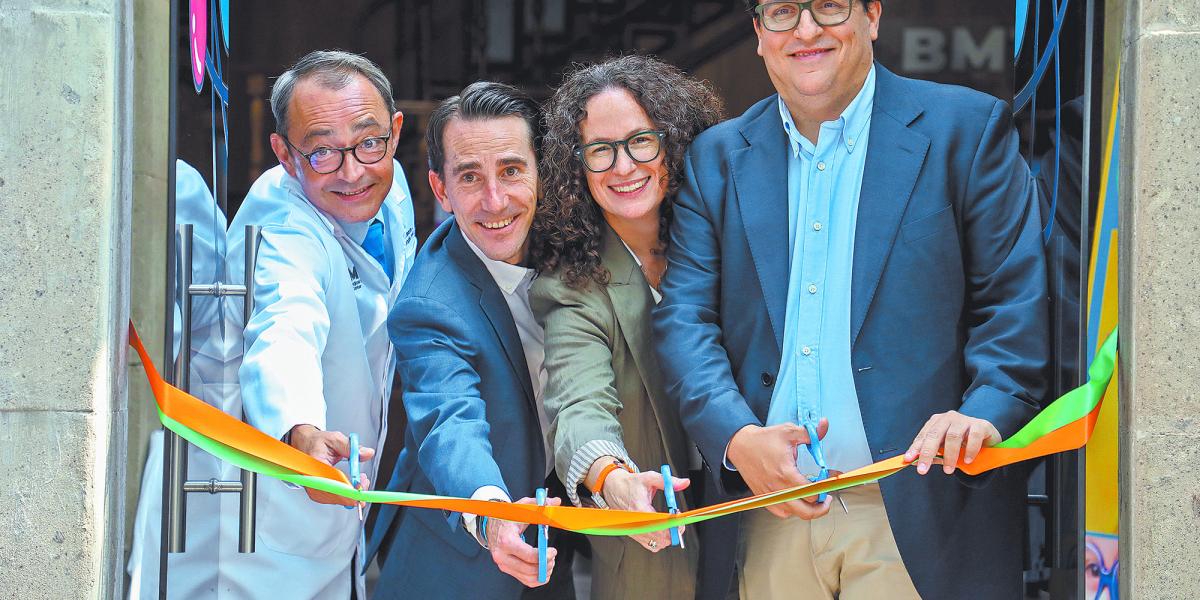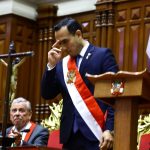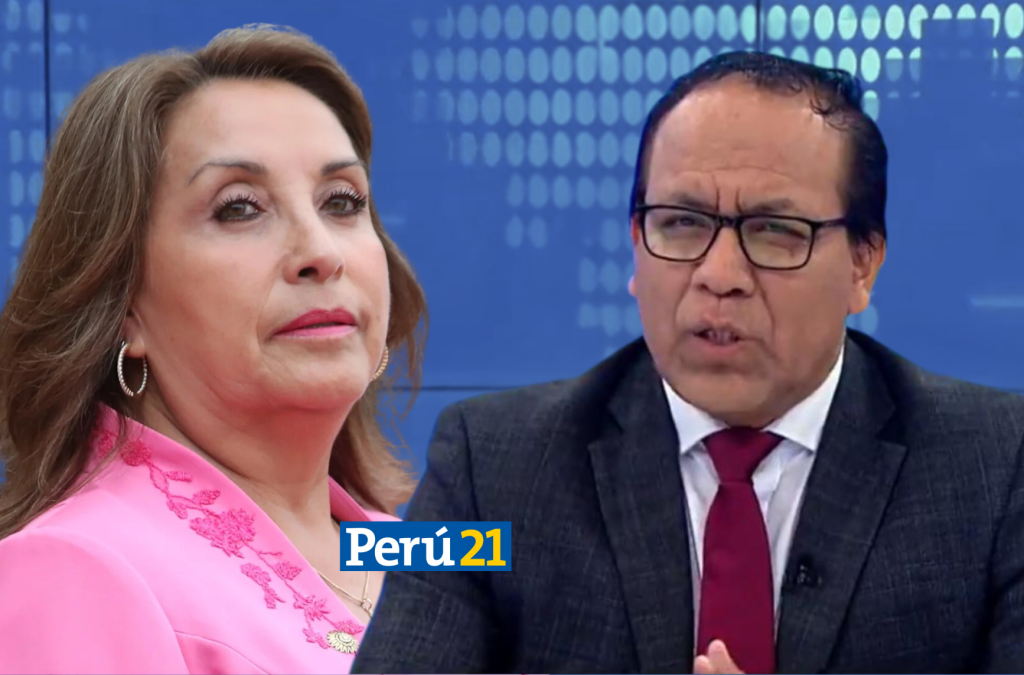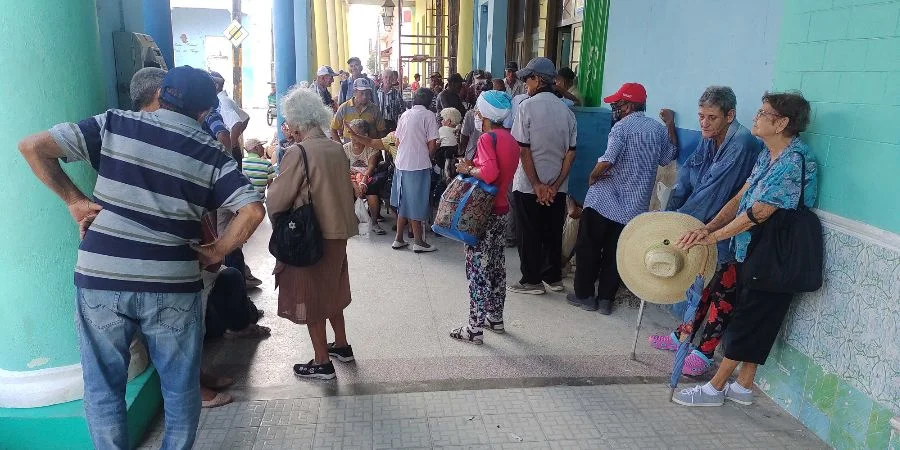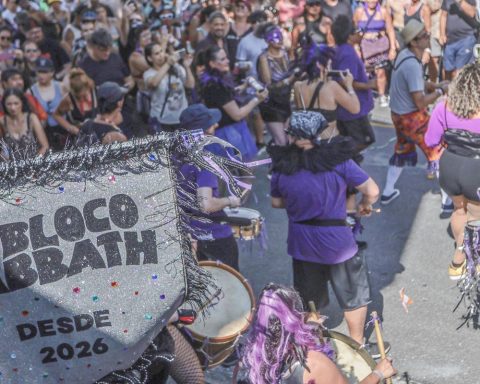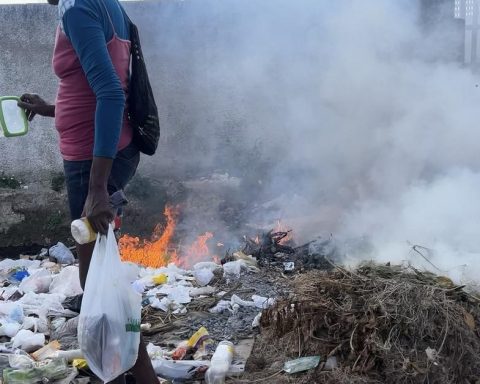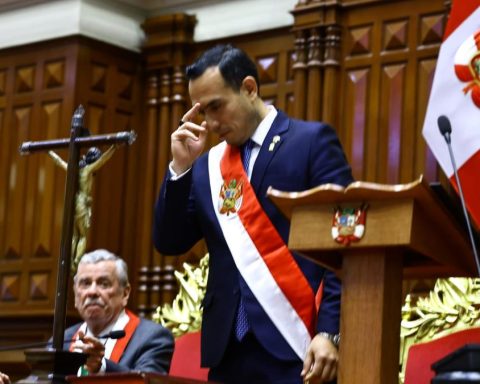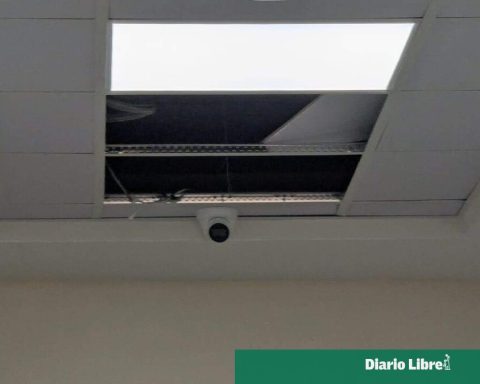“Something very interesting that has happened in recent years is that suddenly there are many disorders – language, attention deficit, autism spectrum – but also in this scenario there are many children and people who do not necessarily meet all the criteria. or that they do not generate such an important distinction. This is beginning to attract attention and is recognized as neurodiversity,” explains Dr. Eduardo Barragán, general director of the Brain Magical Team clinic, a place where from now on neurodiversity will be addressed.
This means that we can probably have some variants in psychobiological development and understand that with some strategies and with support from the family, school and work environment we can help the integration process which, by the way, makes us a better society. . And as Gerardo Gaya, president of the Iluminemos por el Autismo Foundation, explains, “a society that accepts and embraces diversity is happier. When we talk about understanding and respect, we talk about accepting our differences as human beings and that is what we are looking for when talking about neurodiversity.”
He assures that conditions such as autism are not suffered or suffered, simply because they have no cure, but what is suffered and suffered “is the discrimination to which we are exposed as families. Many times we see the causes as problems and when we review the neurodivergences, the problem is our attitude towards the problem, we see that it is a problem of values, empathy, understanding and respect. “I like to define autism with a blank line, so that everyone can fill it in from their own context and circumstances.”
Have we ever heard a dad saying that they have not gone out in the last ten years because no one can take care of their child, since they do not want to expose themselves to something happening in public places? Neurodiversity is more common than it seems . In Mexico, although we do not even have an exact number of people with autism, since an epidemiological study was attempted a few years ago that was not completed, it is estimated that at least 15% of the population is affected with some neurodevelopmental disorder. It is a problem that is not measured, but we see it in our environment.
For this reason, this Tuesday, the Spanish consulting firm Xtraordinary People (XPeople) inaugurated its first center in Mexico dedicated to neurodiversity that offers personalized interventions based on neuroscience and technology, with the aim of creating a safe space for each person. In Mexico City, the project is hosted at the Brain Magical Team Clinic, at Leibnitz 185, Anzures neighborhood. “This is an example of how it can be done to grow, to care for every patient and give concrete answers, eliminating the term disease by condition.”
Journey to the center of the brain
“This center seeks to make the family feel at home and the little ones, who are the main focus of attention in this clinic, although not the only one, live an experience in a context adapted for children, because when they enter the clinic to be diagnosed, they begin with a trip through space through the Star Wars theme,” explains Barragán. The spacecraft (magnetic resonance imaging scanner, MRI) will be one of the first steps to follow and of course the children will command the crew.
“It is also important to have a multidisciplinary team that can care for and understand the different neurodiversities in a safe place where they can feel respected and heard within their particularity because each family and each child is unique,” adds Neus Marí, therapeutic director of Xtraordinary People.
He said that the idea is to have a biopsychosocial understanding through this trip designed so that the little ones feel calm and confident. Dr. Eduardo Barragán told El Economista that multidisciplinary care is contemplated that consists of two parts: A medical one, with a neuropediatrician or neurologist, child psychiatry, neurophysiology and clinical genetics; On the other hand, there is the therapeutic part with psychology, neuropsychology, speech therapy, occupational therapy and physiotherapy. “The diversity is so great and the needs are so different, that there is not a single person who knows everything that a child and their family may need.”
The design of an application is also planned, using technology to try to reach more families and ensure that the attention is extensive. “We seek to carry out social intervention on a massive scale because sometimes one-on-one becomes impossible, but group interventions can work for coverage, the commitment is that there is not a single father or mother who comes to us and is left without our vision. and opinion,” said Adrián Trejo de la Rosa, CEO and co-founder of Xtraordinary People.
Lack of public policy
Gerardo Gaya shares that almost ten years after the Autism Law was enacted in this country, it seems that nothing has happened since the public initiative, “we have a totally welfare policy, which is good, but we cannot settle for a scholarship, because Now we have 3 million people with money in the bag, but who cannot leave their house due to lack of accessibility, in addition to differential diagnoses; For now we only have answers in efforts like Xtraordinary People.”
“We have participated in at least four reforms to the Autism Law and not much has been achieved, what has to be done is first set a budget and modify the official care guide of the Ministry of Health and the IMSS. Today it still refers to old rules and statistical and epidemiological data from other countries, where they talk about one patient in every 150, when in the United States today they say one in every 38,” says Gaya, from Iluminemos por el Autismo.
On the other hand, Dr. Barragán explains that unfortunately the number of specialists is not that many, which is why primary care centers should strengthen diagnostic tools, “you have to work with them to achieve a differential diagnosis, since many times they are diagnosed with autism and it turns out that it was hypothyroidism that could be treated from the first year of life, but unfortunately his doctor did not see it. The diagnostic approach must be improved. The next step will be more reference centers.”
Gaya concludes, “we as parents today settle for what there is and not what we really need, let’s make things change.”
Where?
- Brain Magical Team Clinic, at Leibnitz 185, Anzures neighborhood, Mexico City. Contact telephone number: 55 9105 9765
More information on the official Xtraordinary People website: https://www.xtraordinarypeople.io/
